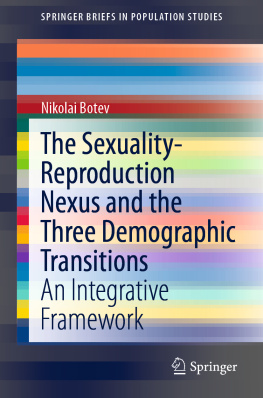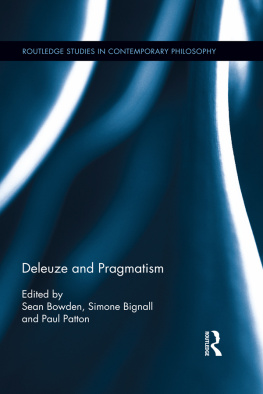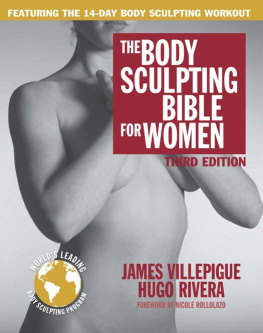THE PRAGMATISTS GUIDE TO CRAFTING RELIGION
A PLAYBOOK FOR SCULPTING CULTURES THAT OVERCOME DEMOGRAPHIC COLLAPSE & FACILITATE LONG-TERM HUMAN FLOURISHING
MALCOLM COLLINS
SIMONE COLLINS
OMNISCION PRESS
CONTENTS
Special Thanks to Our Most Impactful Editors:
Lillian Tara
Ben Hoffman
PREFACE
This book is dedicated to radiant beings who shall succeed us on the earth.
As Winwood Reade wrote in 1872:
You blessed ones who shall inherit that future age of which we can only dream; you pure and radiant beings who shall succeed us on the earth; when you turn back your eyes on us poor savages, grubbing in the ground for our daily bread, eating flesh and blood, dwelling in vile bodies which degrade us every day to a level with the beasts, tortured by pains, and by animal propensities, buried in gloomy superstitions, ignorant of Nature which yet holds us in her bonds; when you read of us in books, when you think of what we are, and compare us with yourselves, remember that it is to us you owe the foundation of your happiness and grandeur, to us who now in our libraries and laboratories and star-towers and dissecting-rooms and work-shops are preparing the materials of the human growth. And as for ourselves, if we are sometimes inclined to regret that our lot is cast in these unhappy days, let us remember how much more fortunate we are than those who lived before us a few centuries ago. The working man enjoys more luxuries to-day than did the King of England in the Anglo-Saxon times; and at his command are intellectual delights, which but a little while ago the most learned in the land could not obtain. All this we owe to the labors of other men. Let us therefore remember them with gratitude; let us follow their glorious example by adding something new to the knowledge of mankind; let us pay to the future the debt which we owe to the past.
All men indeed cannot be poets, inventors, or philanthropists; but all men can join in that gigantic and god-like work, the progress of creation. Whoever improves his own nature improves the universe of which he is a part. He who strives to subdue his evil passionsvile remnants of the old four-footed lifeand who cultivates the social affections: he who endeavors to better his condition, and to make his children wiser and happier than himself; whatever may be his motives, he will not have lived in vain.
WARNING
This book will be wildly offensive to most people.
At its core, The Pragmatists Guide to Crafting Religion is a meditation on how we can intentionally construct a culture/religion that will be evolutionarily successful and spread. Within it, you will find a heavily annotated playbook for constructing a cultural/religious framework optimized to preserve (rather than erase) the individual traditions, values, and worldviews of those who join while maximizing autonomy and individual efficacy. We will be completely transparent as to the motivation behind every decision made in its fabrication.
This book is written from a secular perspective to be relevant and useful to those who want to build a family culture that is intergenerationally durable. That said, the tools and tactics described in the coming pages can be used with equal alacrity to strengthen and reinforce an existing religious framework.
In this book we make generalizations about cultural and religious groups, as it is impossible to write a book on culture and religion without doing so. We also take a strong pronatalist perspective because outside of cases of conquest or conversion, most of the time when a culture wins over other cultures, it prevails by producing more kids who remain within that culture. If this is not what you were looking for when buying the book, please email us (at Hello@Pragmatist.Guide) and ask for a refund. Regardless, all proceeds from this series go to the Pragmatist Foundation, a nonprofit which is presently focused on building a better form of secondary school (middle school and high school).
Finally, unlike our other books, The Pragmatists Guide to Crafting Religion is intended to be read in order and will explicitly signal when a section or chapter is safe to skip. This book gives readers a choice between three reading experiences: If you want the most compressed experience, skip chapters marked as skippable. For the normal experience, read the book and stop at the Appendix. For the extended cut, skip forward to read each of the Appendix chapters as they are referenced in the book.
As with all our books, we will gladly share a free audiobook copy with you. To request one, visit our website.
CULTURE AS AN EVOLUTIONARY TOOL
Culture is the means by which complex behaviorsbehaviors that cannot be easily encoded into biological instinctevolve. This is what makes cultural memes
Because culture can affect a persons number of surviving offspring, traditional evolution (not just memetic evolution) shapes culture. This interplay allows complex behavior patterns to emerge among groups of people well before those behavioral instincts might otherwise biologically evolve (consider that ritual Islamic hand washing evolved long before medical science understood the advantage of this behavior).
A culture can be thought of as ever-evolving software that sits on top ofand synergistically interacts withboth biological hardware and firmware, addressing flaws our biology hasnt had sufficient evolutionary time to address. To go further with this analogy: Biological evolution provides some basic coding, much like a low-level programming language might for a given hardware, whereas cultural evolution manipulates the high-level, object-oriented code that lets us program highly nuanced behaviors.
We can illustrate this dynamic with a colorful example: In The Pragmatists Guide to Sexuality, we explore copious evidence that humans almost certainly evolved to, by default, create polygynous (one man, many women) cultures (though not necessarily relationships).
While 83% nearly all of todays most dominant cultures are monogamous, thanks to the historic competitive edge granted by this practice. By reducing societal ills, such as terrorism and corruption (via lower population percentages of unattached men), cultures practicing monogamy have the upper hand when spreading and conquering neighbors.
Rather than taking the evolutionary time needed for human biological predilections to evolve toward structuring societies monogamously by default, cultures that effectively enforced monogamy quickly outcompeted their rivals. This is what we mean when we say that culture supplements biologically evolved elements of human consciousness by accelerating the evolution of cognitive proclivities beyond the capacity of pure evolutionary pressure on genes.
It fascinates us how quickly people cast out aspects of their traditional cultures without understanding why those elements evolved. Many throw out the hard stuff in their cultures, such as fasting and arbitrary self-denial, without understanding those cultural practices evolved both for general health reasons and to strengthen the individuals inhibitory pathways in their prefrontal cortex. Consider that strengthened inhibitory pathways likely offer some protection against intrusive thoughts and, as a result, lower rates of anxiety and depression.
Almost every common cultural practice exists because it increases the fitness of cultures that practice it. Keep in mind that fitness is morally blind. Sometimes, measures taken to increase fitness are highly immoral. Sometimes, increasing fitness means lowering rates of depression with seemingly arbitrary rules. Other times, maximizing fitness means forcing gay people to pretend to be straight or be killed because socially accepting same-sex couplings has historically lowered birth rates.

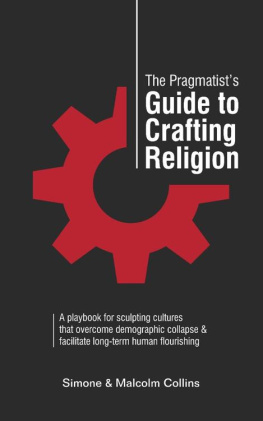
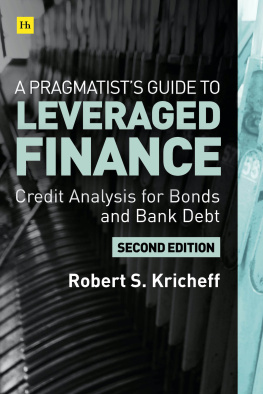


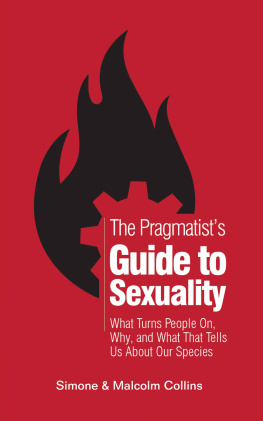
![Bollinger Jeff - Crafting the infosec playbook [security monitoring and incident response master plan]](/uploads/posts/book/193800/thumbs/bollinger-jeff-crafting-the-infosec-playbook.jpg)

